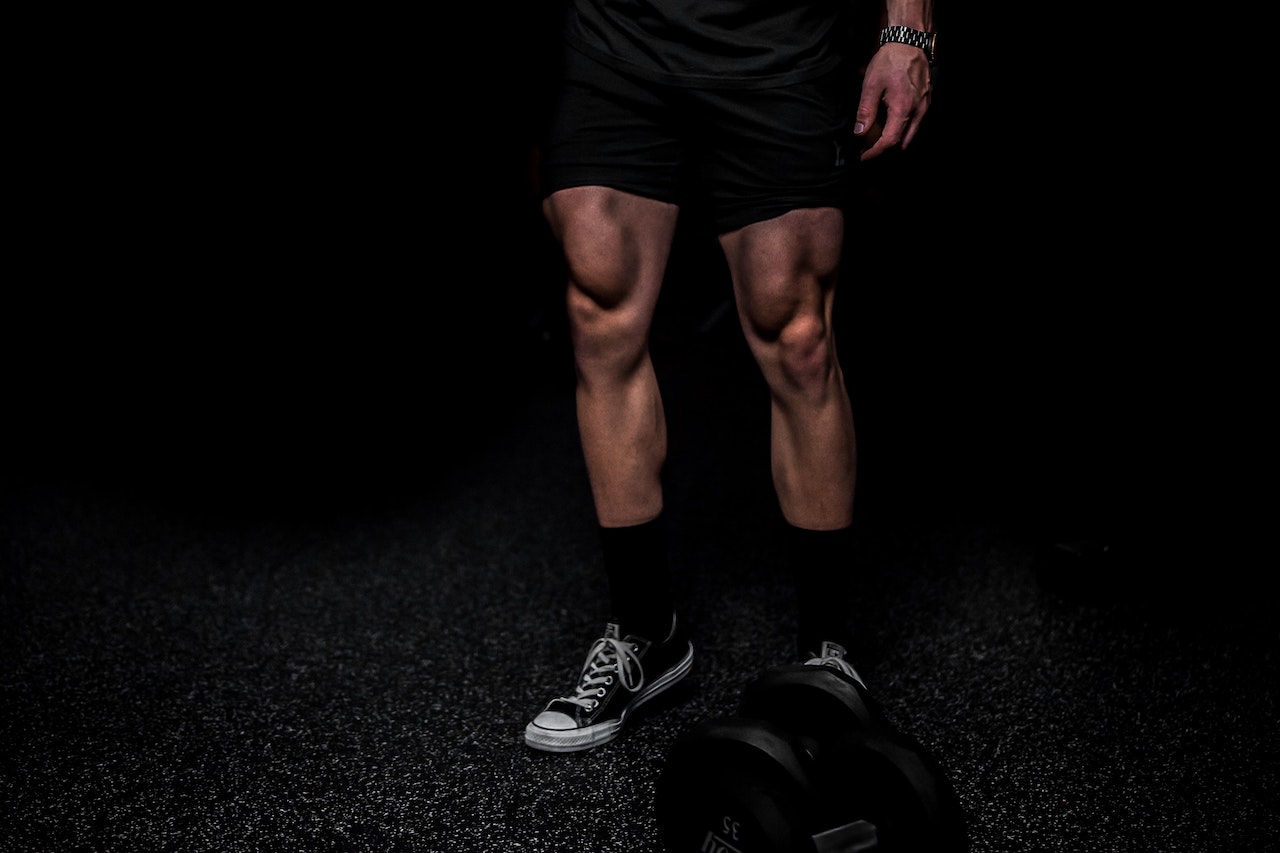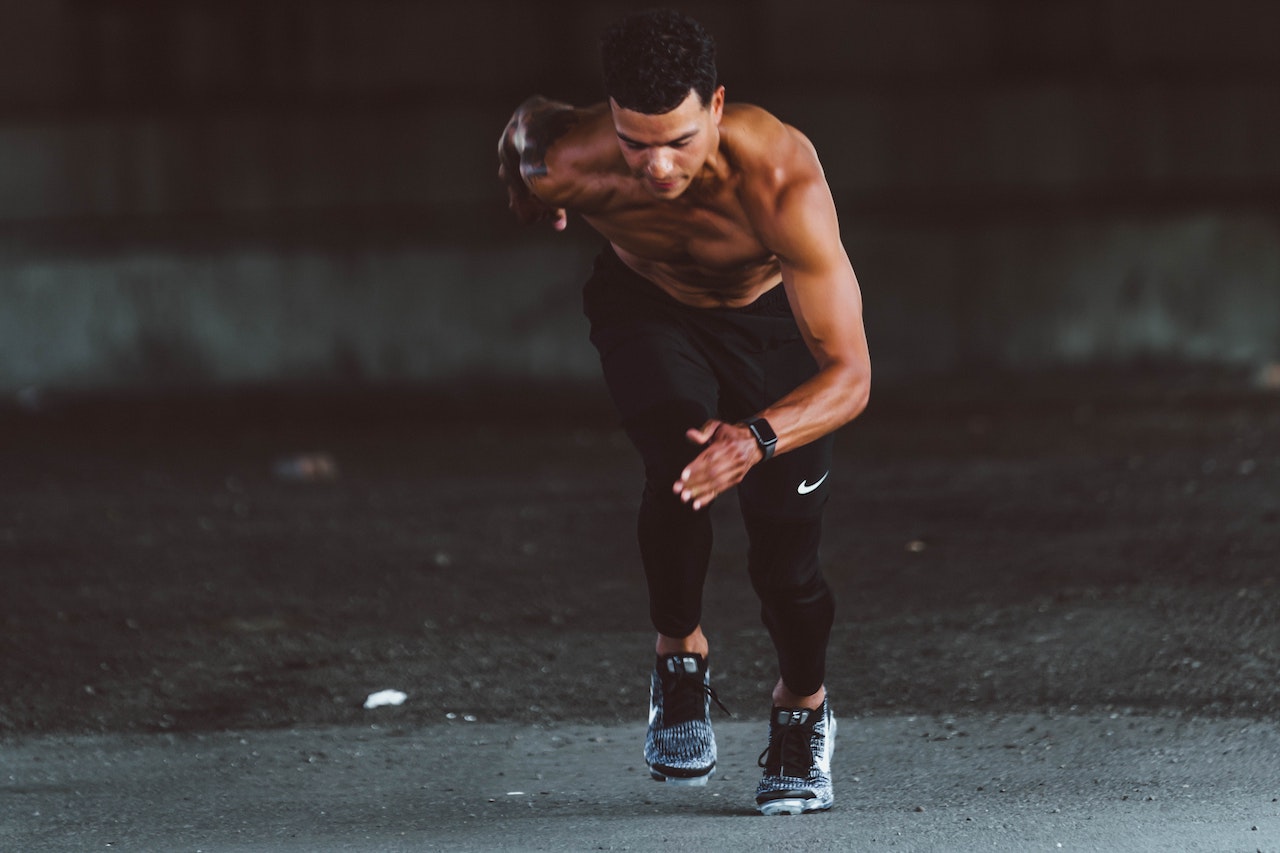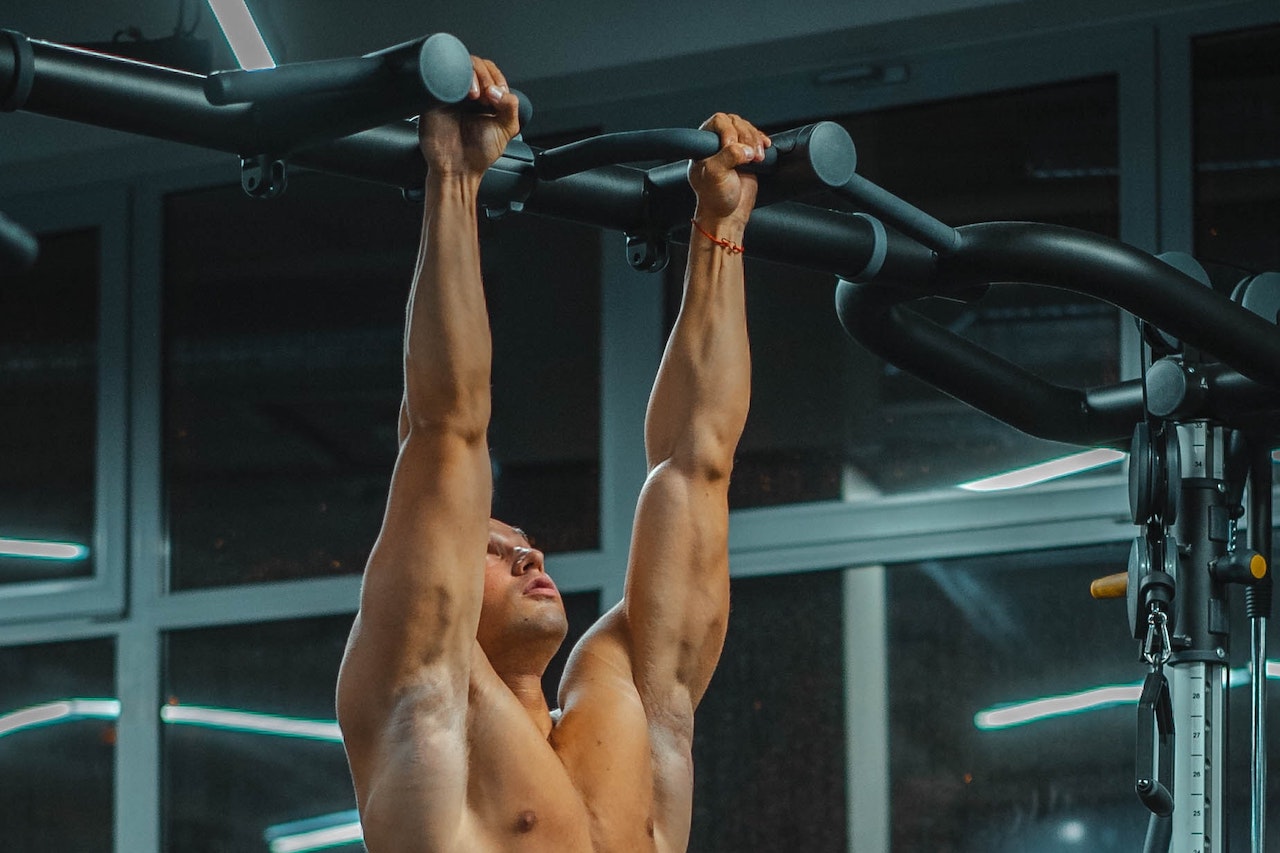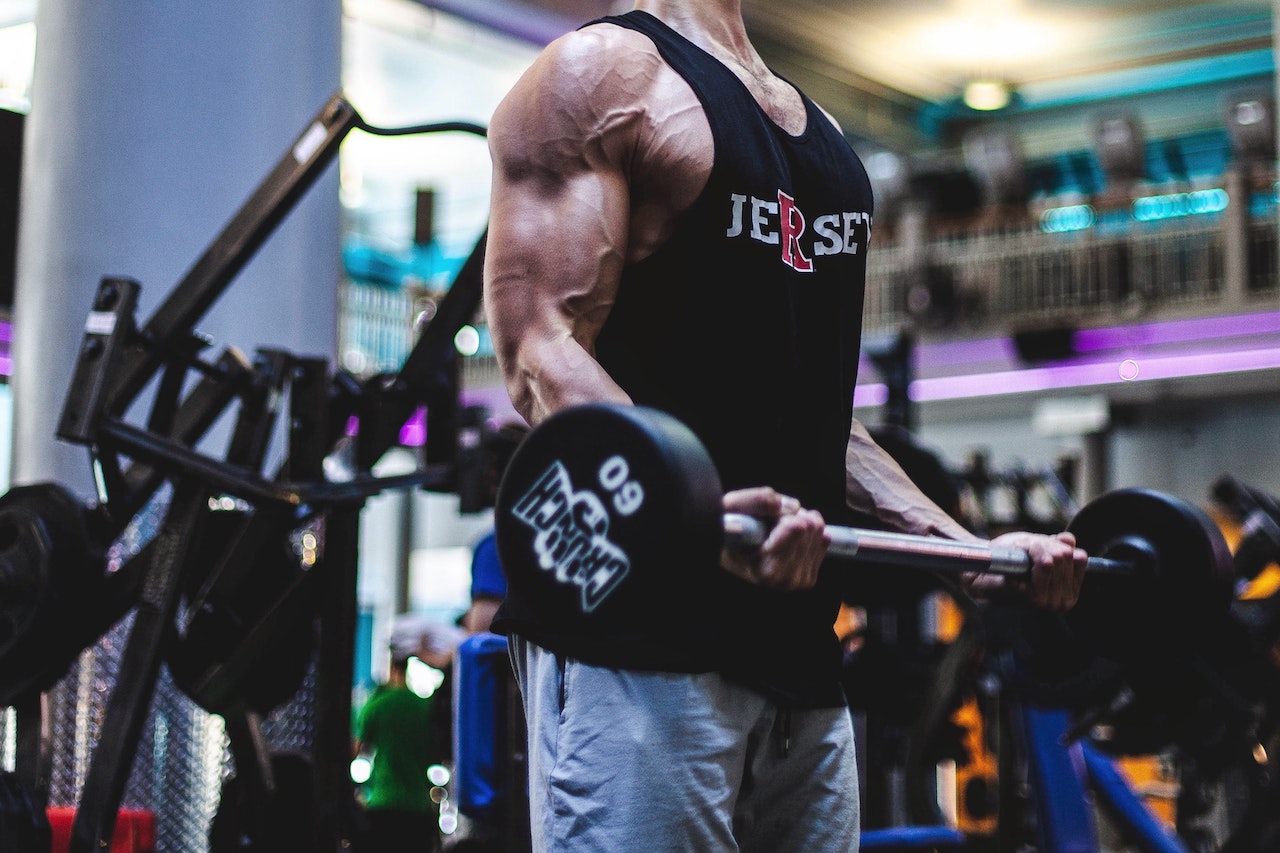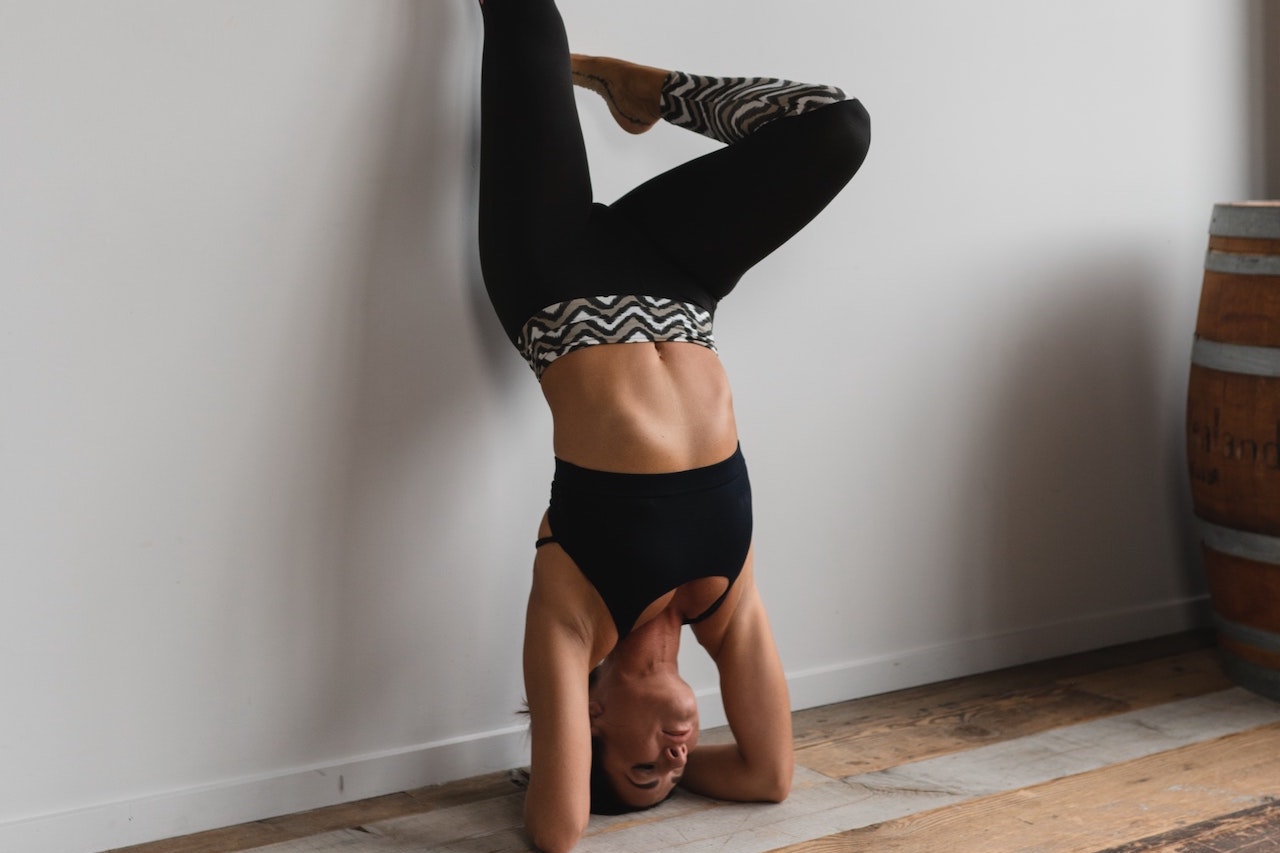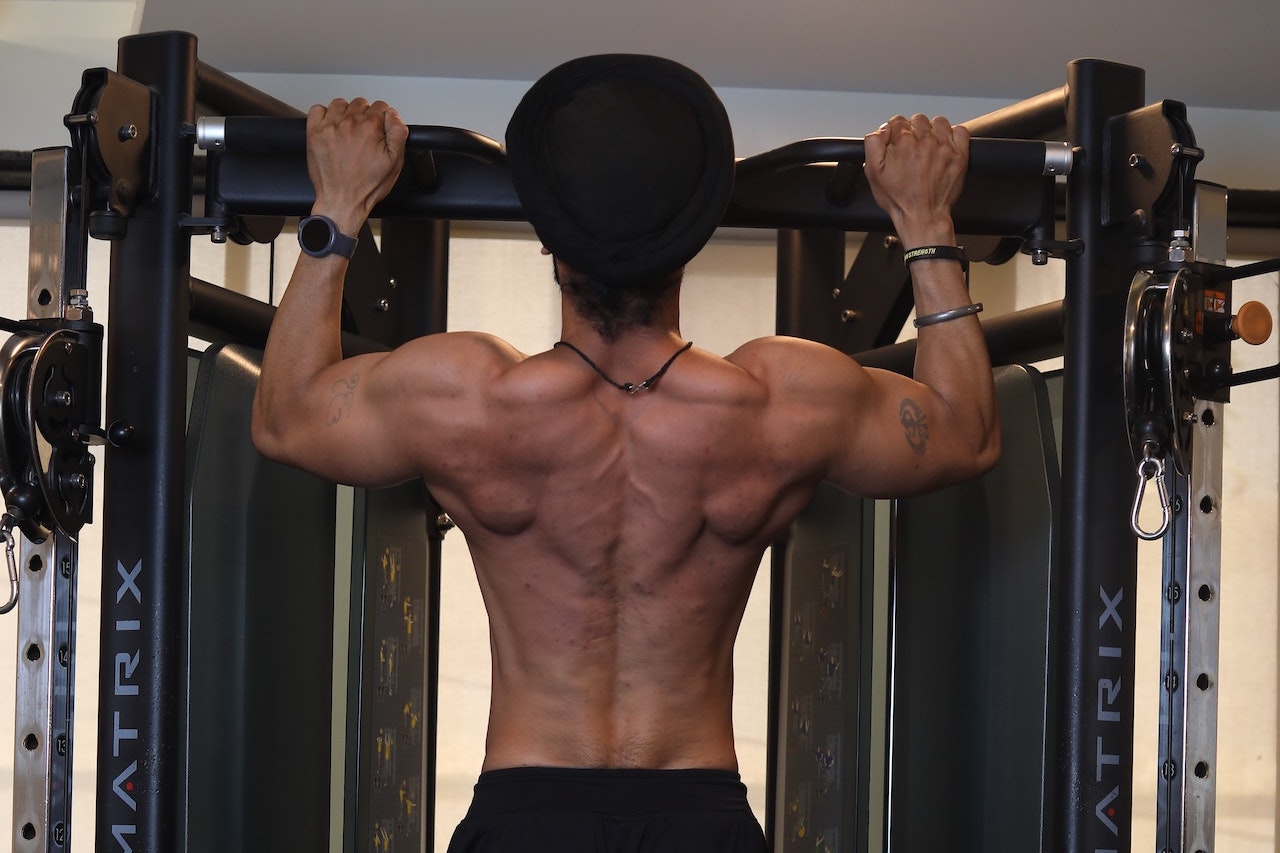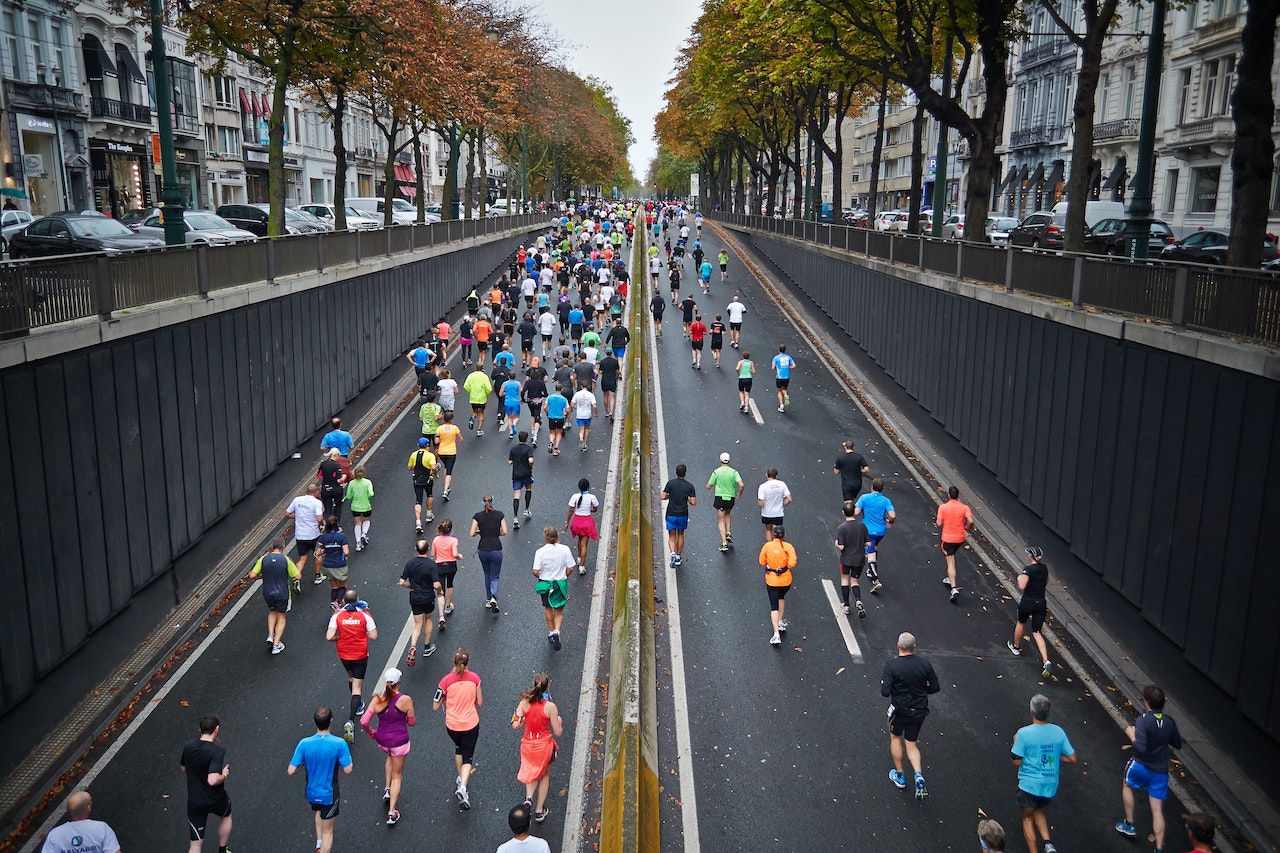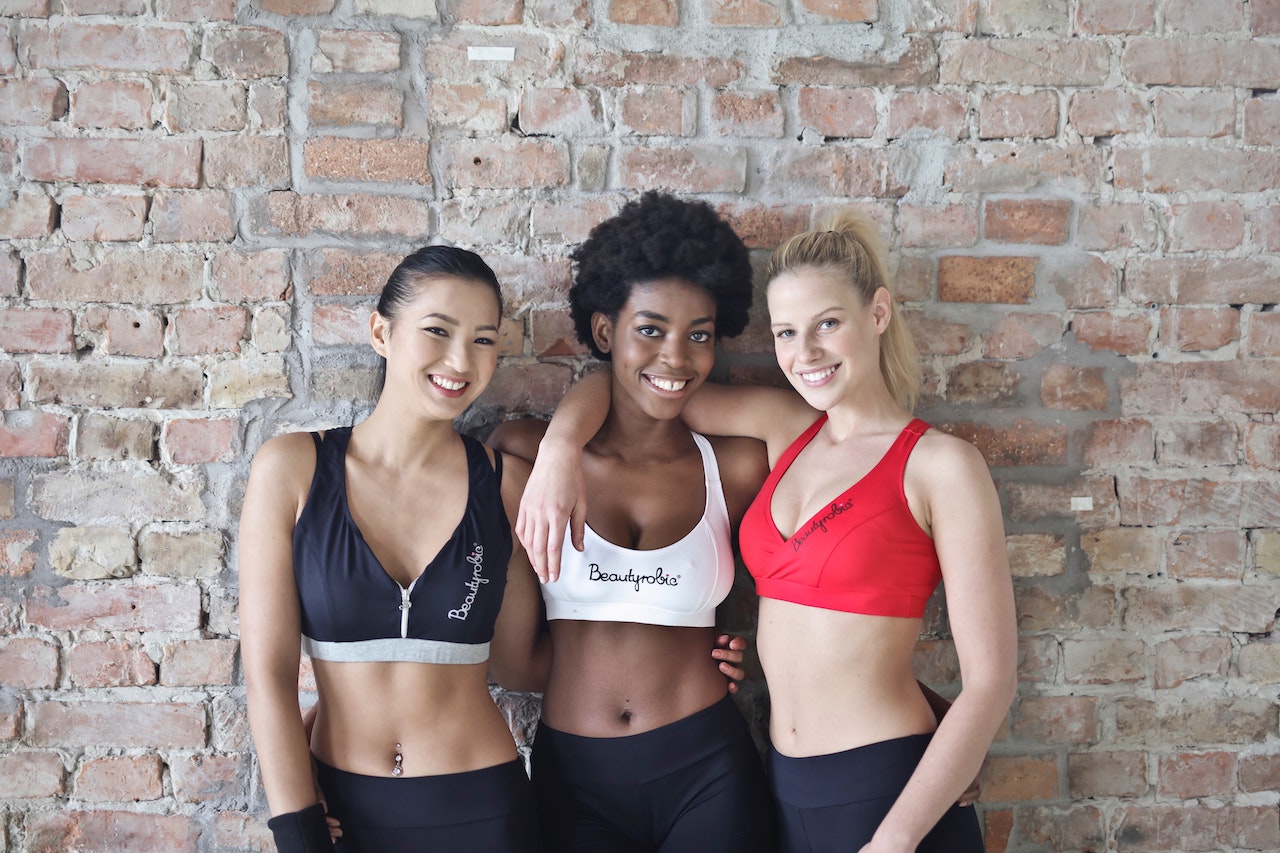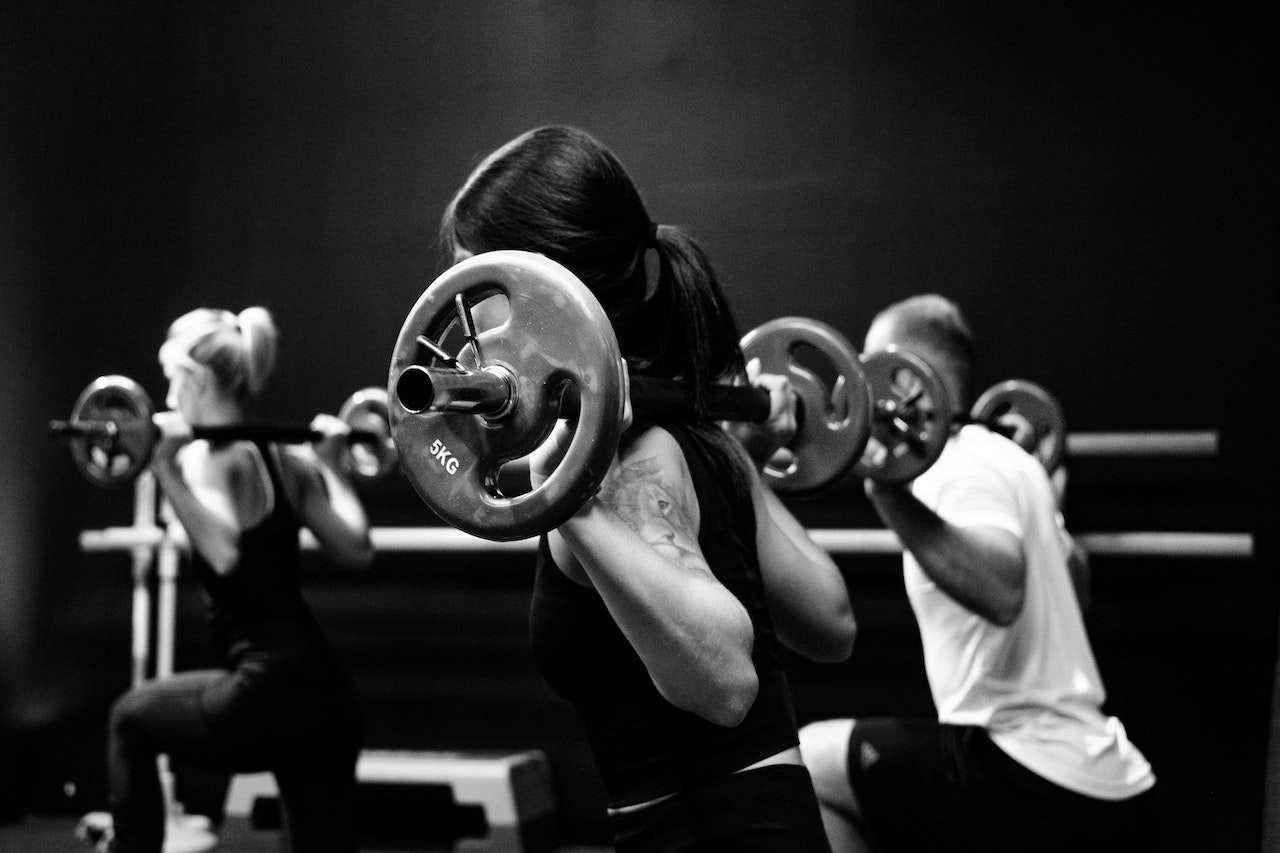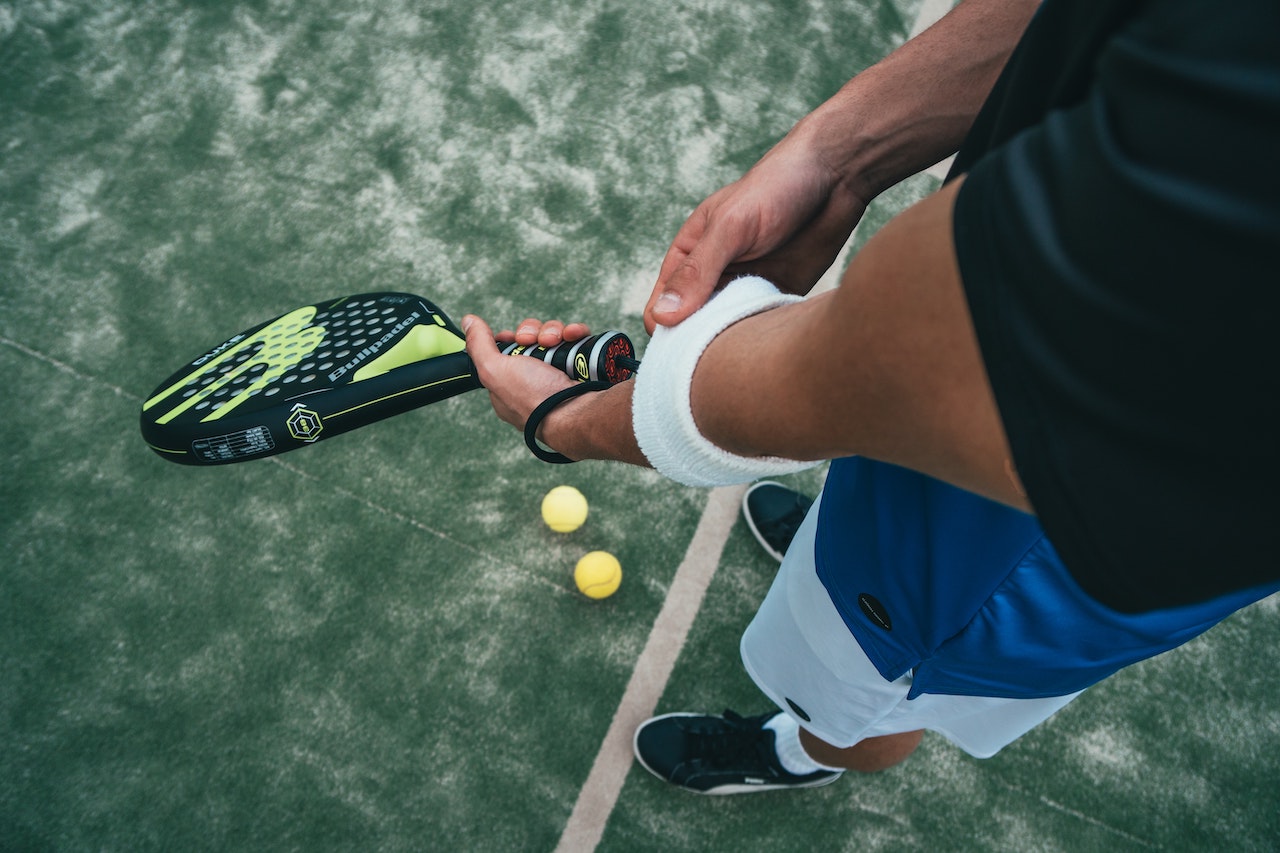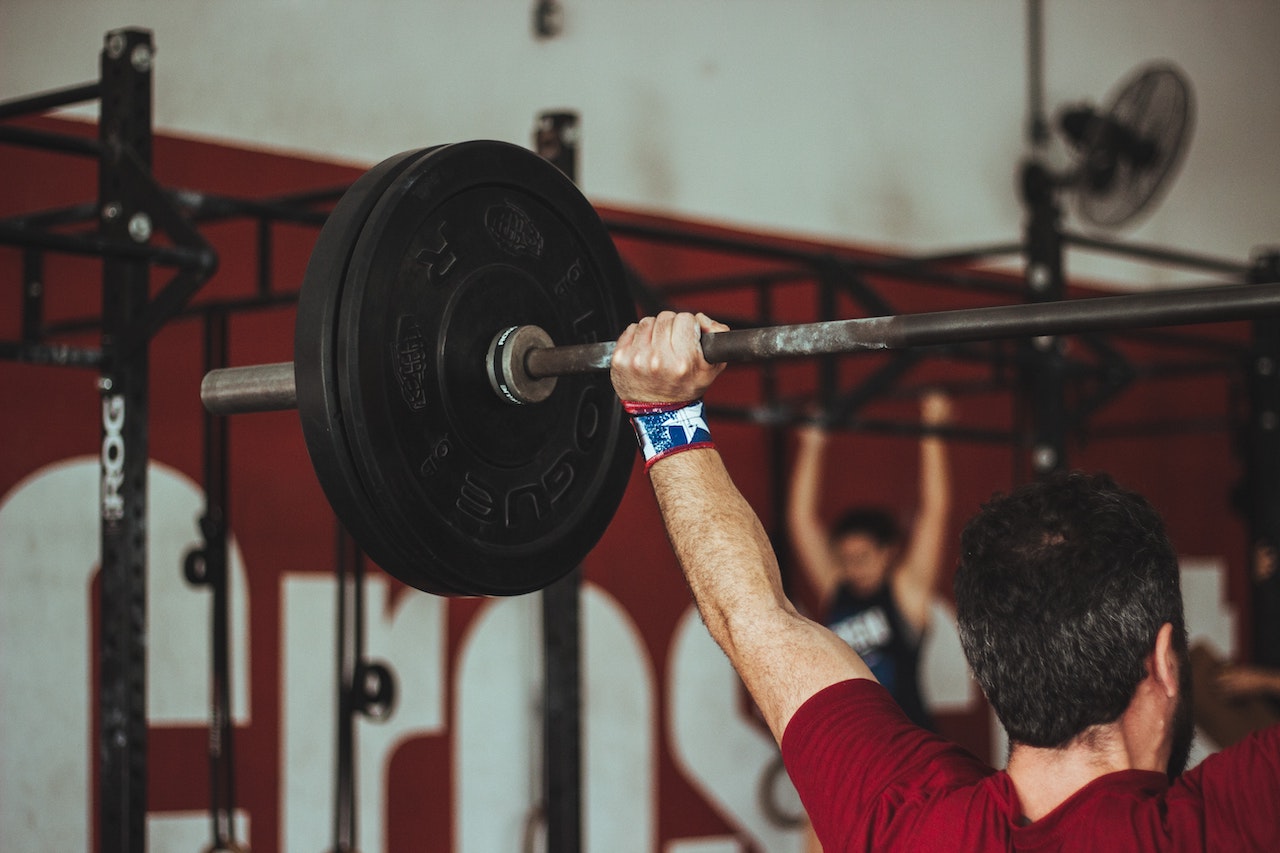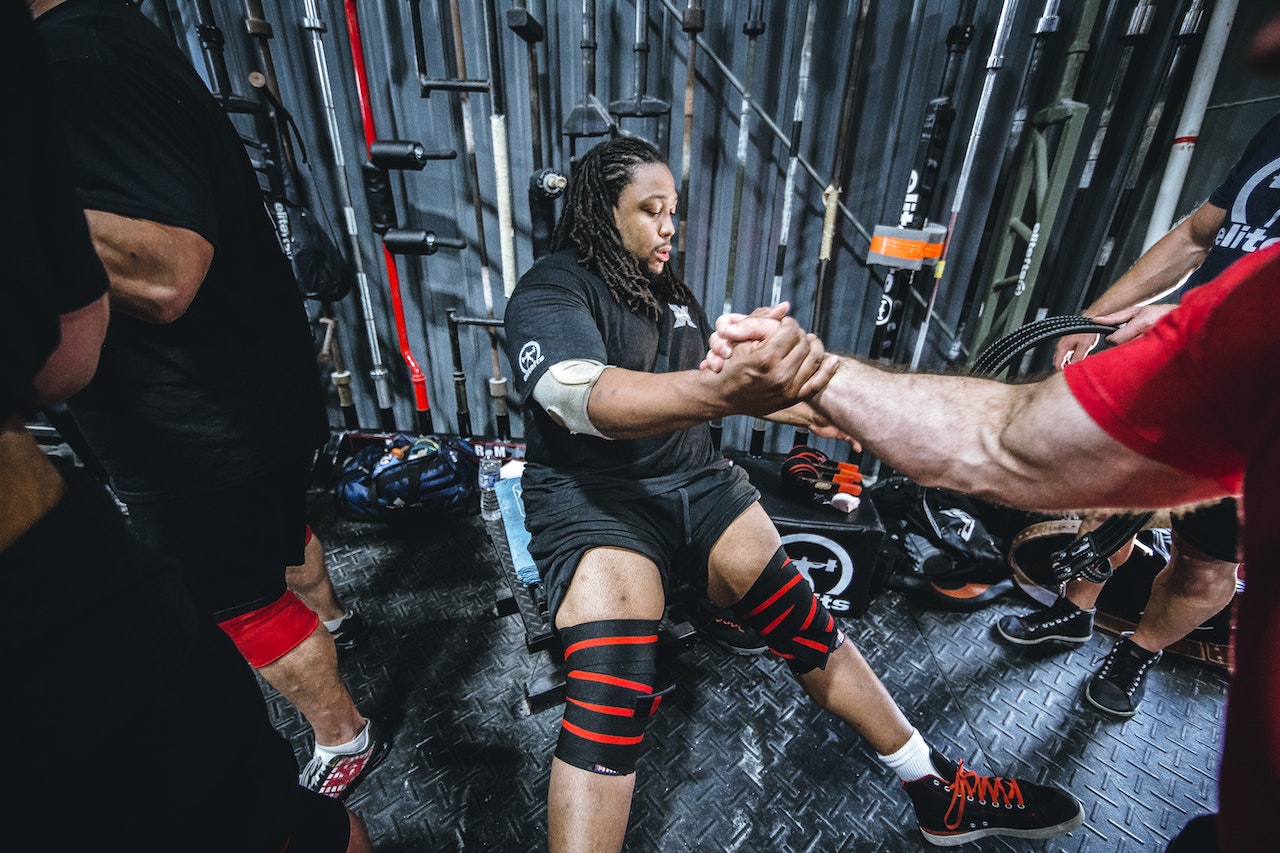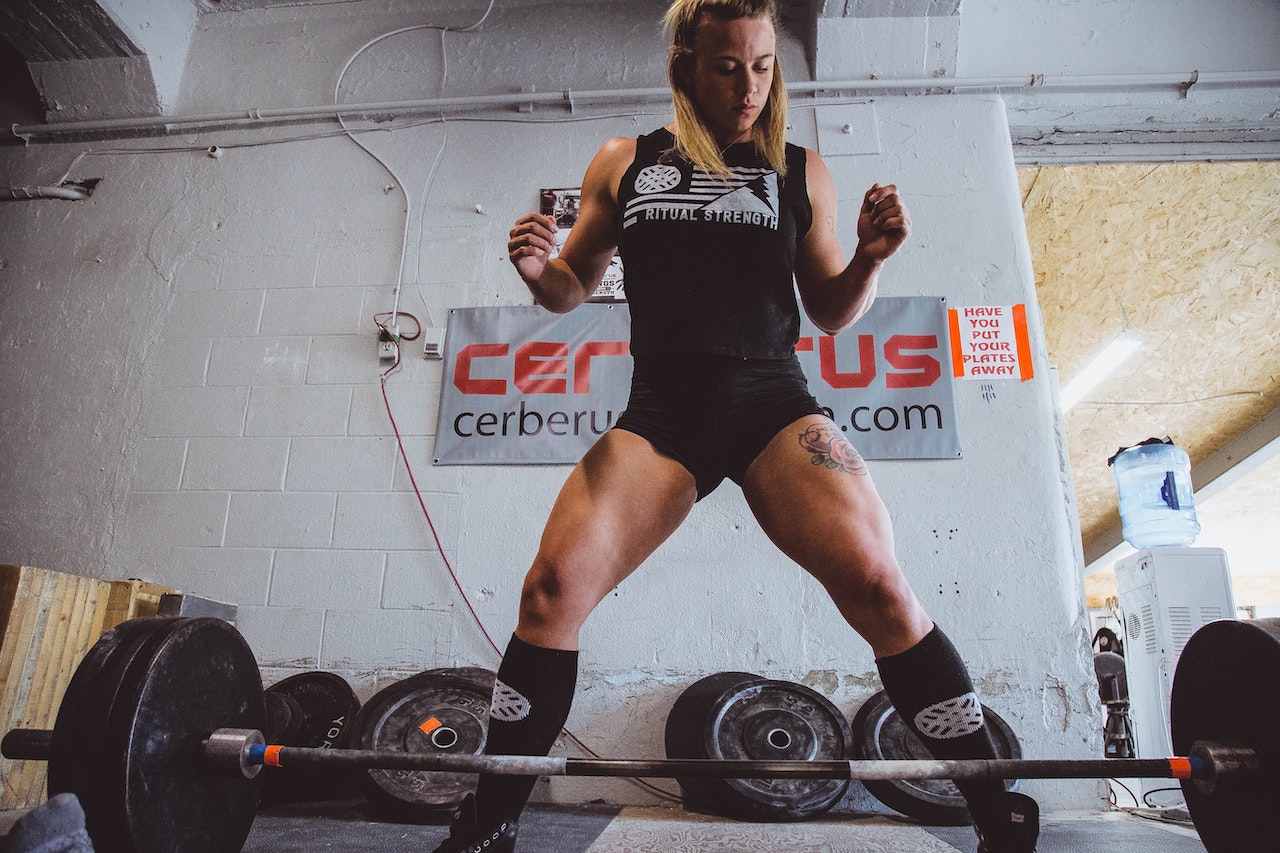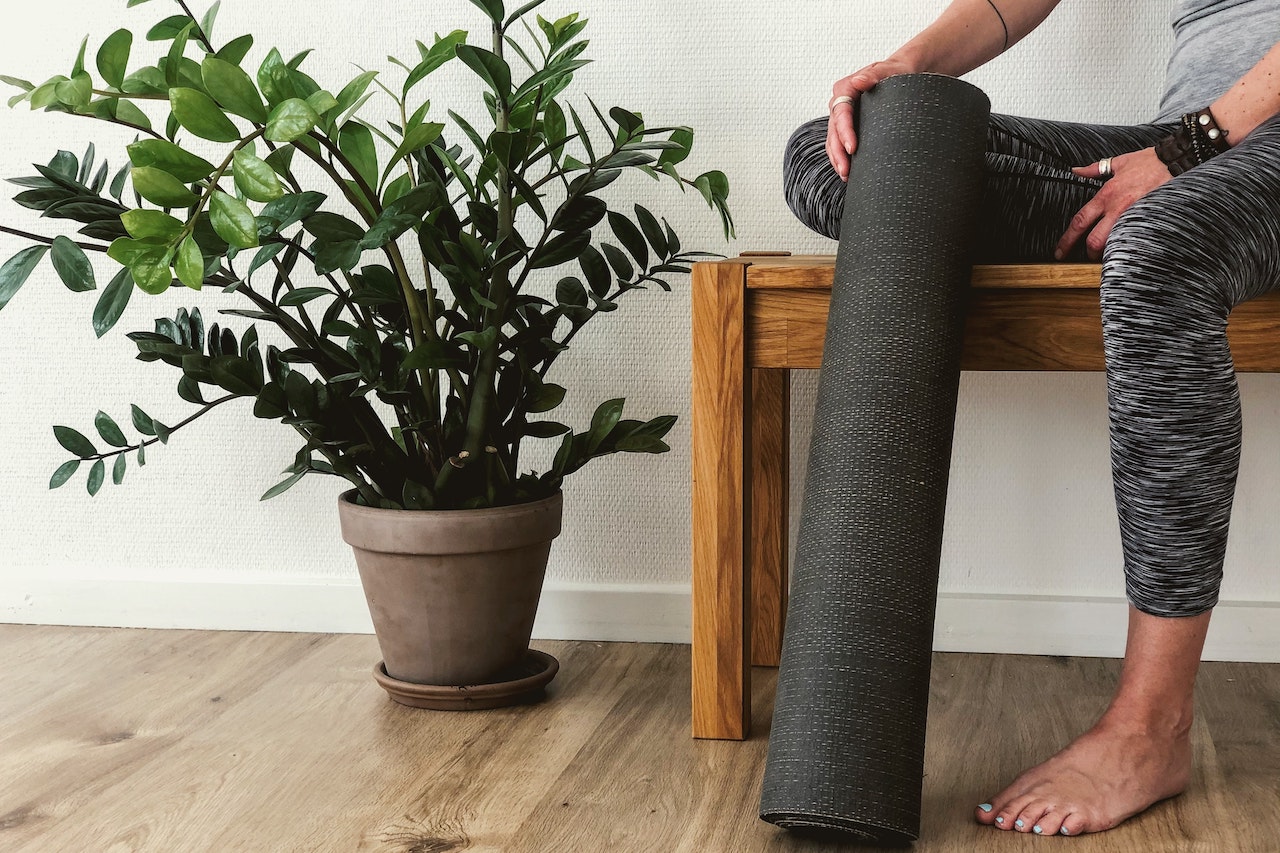Dumbbells are often used as a training device in life, and there are many uses for them. There are a number of movements that require dumbbells in training movements, such as the dumbbell lunge. The dumbbell lunge walk is a combination of dumbbell and lunge walk, but of course the dumbbell lunge walk also has many benefits. What are the benefits of practicing dumbbell lunge walking?
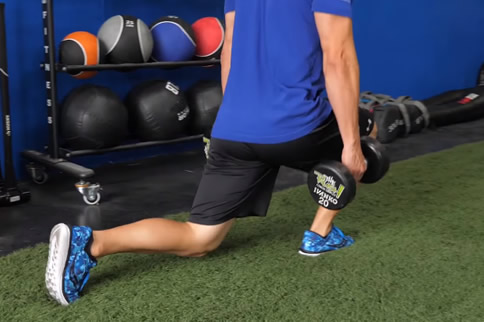
The benefits of dumbbell lunge walking
1. Strengthen the balance
First of all, this action is the staggering of our legs, so in the process of carrying out, the exercise of our balance is more obvious, especially in the process of weight bearing, for our strength training is more obvious, so often carry out this action, we need to coordinate the two legs to complete the action, can effectively make our center of gravity become more stable.
2. Avoid pressure on the spine
Because in this action, we are placing our hands on both sides of our body, we do not need the upper body to move, mainly by our hands and legs to ensure that we will do a good job, so there is not much pressure on our spine, to effectively avoid injury to our spine under pressure.
3. Strengthen the core muscles
This action is relatively simple, but the exercise effect is very good, can effectively strengthen our core muscles. Because in the process of this action, our legs need to force, to ensure that the action to do the standard in place, so we can effectively exercise our leg strength and muscle. In addition, our hands need to exercise, so there is also a good effect of stretching the muscles.
4. Improve the hip muscles
In the exercise, because our legs are staggered, our hips are in a state of stretch, so we can effectively let our hips get a good workout, so that we often exercise, we can effectively improve our hip shape, and at the same time let our hips become warmer and tighter.
The standard action of dumbbell lunge walking
1. The body upright, feet shoulder-width apart, holding a dumbbell in each hand, arms on both sides of the body natural down, palms relative. This is the starting position of the movement.
2. One leg to take a large step forward, and then bend the knee down to squat until the back leg of the knee near the ground. Be careful to keep your upper body straight at all times during the squat, and don't bring your front leg's knee above your toes.
3. Use the heel of the front foot to power up, while the back foot steps forward and repeat the previous movement. Alternate legs to the recommended number of reps.

